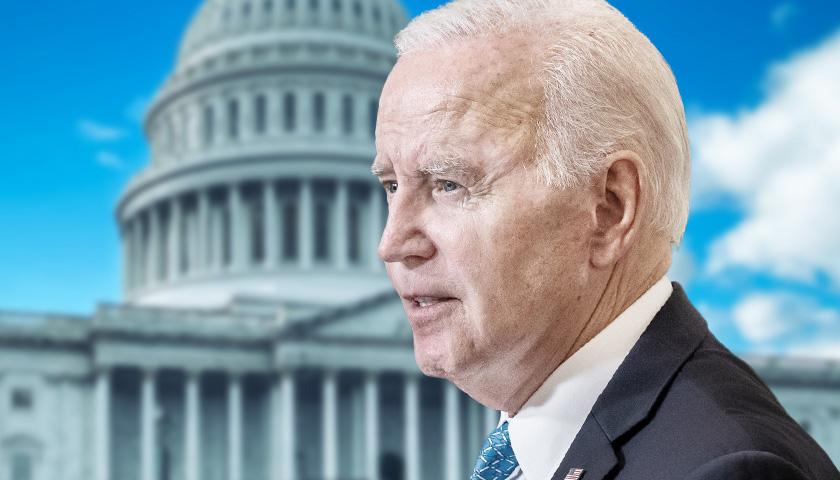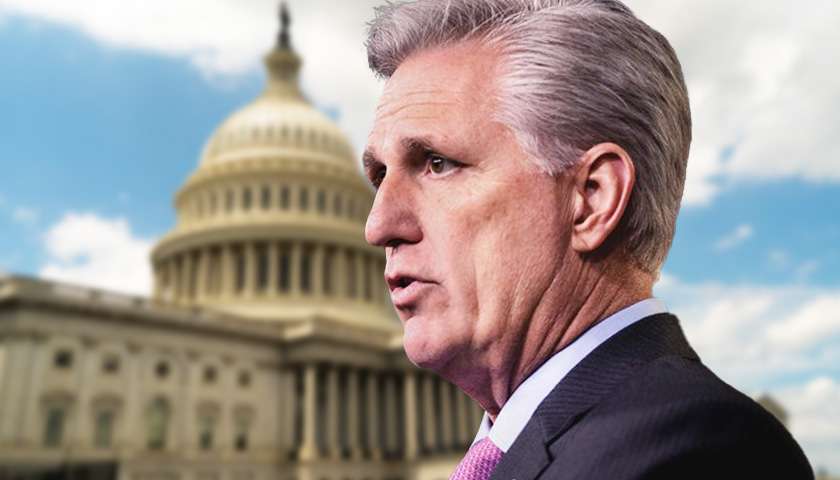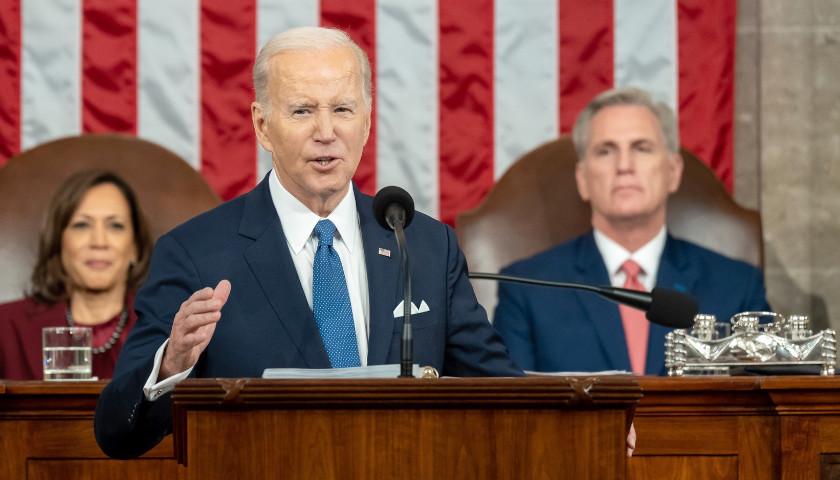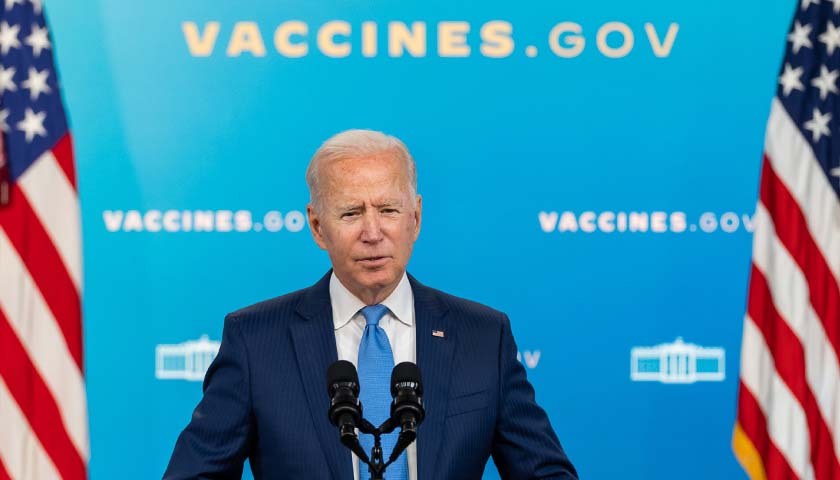Not long after Jeremy Gober started running a sleep center, he quit treating patients for narcolepsy and sleep apnea and went full-time submitting bogus insurance claims. According to Gober’s 2022 indictment, he committed at least one especially sloppy error: One of his make-believe billings included a Medicare claim for treatment in March 2018 for a patient who’d died in December 2017. Before Gober was caught, Medicare and California’s healthcare system, Medi-Cal, ended up paying him a total of $587,000 for claims that turned out to be fiction.
The payments to Gober were part of $260 million the U.S. Department of Health and Human Services spent from 2009 through 2019 to reimburse healthcare providers in 15 states and Puerto Rico for services to patients who were dead, according to the inspector general of the HHS, which administers Medicare and Medicaid — programs with combined expenditures of $1.7 trillion.
Read More
























